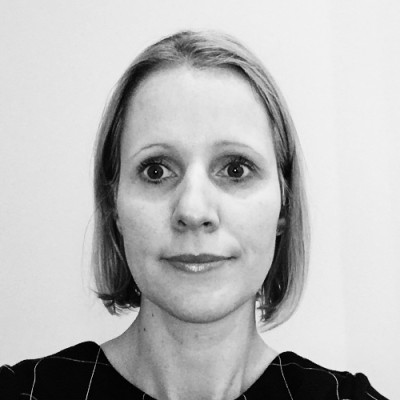Managing the eyecare needs of a child with autism spectrum disorder (ASD)
Assessing the eyes of children with autism spectrum disorder (ASD) requires the optometrist’s technical knowledge and, ideally, an adapted environment called a sensory room. According to Autism Parenting Magazine*, “a sensory room or sensory integration room is designed to provide calm, focus and comfort to people with sensory processing problems, which often includes people with autism spectrum disorder (ASD).”
I was absolutely delighted to see the first optical practice opening that incorporates a sensory room in Ireland. This is a significant move forward. It is far preferable to have children with ASD managed by a local optometrist than coming into secondary or tertiary centres when it is not indicated. We have a sensory space in Temple Street, and it has been beneficial to a number of our little patients.
Having spent over a year developing service improvements for patients with ASD, I thought I would share a few nuggets of wisdom I have learnt along the way.
“I have found Mohindra retinoscopy to be extremely useful when managing these children, as cycloplegic refraction is extremely distressing for them.”
Consistency is the keyword with this group of patients: being examined in the same space, with the same clinician is essential, and you will see it makes a big difference to the child’s experience.
It is often beneficial to break down the eye exam, so you may need to do vision and binocular vision assessment at one visit and refraction and ophthalmoscopy at the other visit. I have found Mohindra retinoscopy to be extremely useful when managing these children, as cycloplegic refraction is extremely distressing for them. Dilating with tropicamide is useful as it allows getting a proper look during ophthalmoscopy as you may only get a fleeting view.
If you intend to see a significant number of children with ASD or other learning disabilities, I would advise brushing up on skills using the headset bio as this is a brilliant piece of kit for that fleeting view on children with ASD. As autism spectrum disorder is a sensory processing disorder, with some children you may find you have more success assessing their visual acuity with single optotype tests.
“It is important to remember that ASD is a sensory processing disorder, so children with this condition are processing the visual information in a different way to you or me.”
No two people with ASD are the same. In Temple Street Hospital, we have found contacting the families beforehand really useful in terms of gauging if the child has any triggers such as lights, sound or crowded environments. It also allows us to ask questions about their response to the use of bright lights during the eye exam, their previous experience with eye patches and eye drops etc.
It is important to remember that ASD is a sensory processing disorder, so children with this condition are processing the visual information in a different way to you or me. Some are so overwhelmed by the visual sensory input that they display behaviour such as hand flapping, some tune out the visual input and use other senses to explore their world such as touch and some find it challenging to map spatial information. It is a fascinating area in terms of visual perception.
Send an email to tania.constable@hse.ie if you are interested in becoming more involved in assessing children with additional needs, including those with autism spectrum disorder.
* www.autismparentingmagazine.com/best-sensory-room-ideas/




